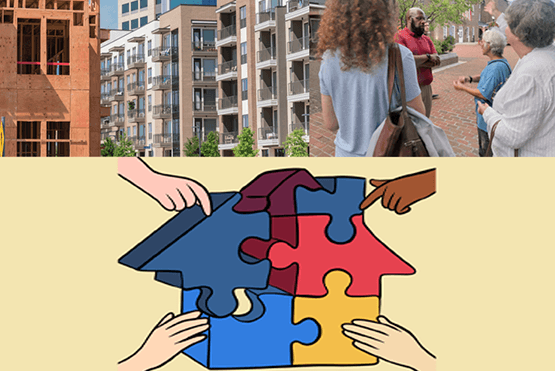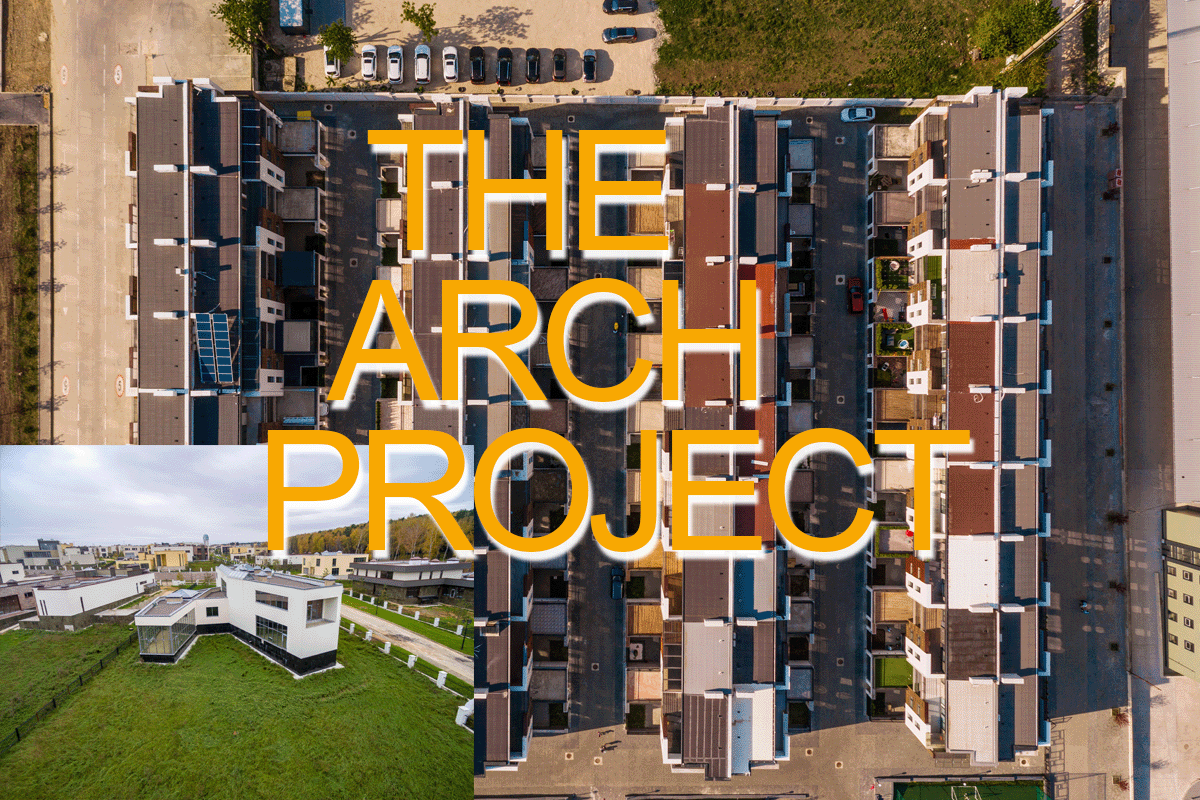Embracing Change: The Impact of Zoning Reform on Affordable Housing Development
In the realm of urban development, the buzzword that is making waves is “Zoning Reform.” This revolutionary approach has the potential to unlock new avenues for Affordable Housing, transforming the landscape of our communities. Let’s delve into the dynamics of Zoning Reform and its profound impact.
Breaking Down Zoning Reform: A Catalyst for Change
Zoning, often viewed as a bureaucratic hurdle, is undergoing a significant transformation. Zoning Reform is not merely a policy adjustment; it’s a pivotal shift toward a more inclusive and sustainable urban future. Here’s how it works:
- Streamlining Regulations for Accessibility
By revisiting and revising zoning regulations, we pave the way for increased accessibility to land suitable for affordable housing. This means breaking down barriers that once restricted development opportunities.
- Fostering Mixed-Use Developments
Zoning Reform encourages the integration of residential, commercial, and recreational spaces. This not only maximizes land use but also creates vibrant, mixed-use communities that cater to diverse needs.
- Density Bonuses for Affordable Housing
One of the game-changers in Zoning Reform is the introduction of density bonuses. Developers, in return for incorporating affordable housing units, may be granted permission for higher-density projects, making affordable housing financially viable.
The Ripple Effect: How Zoning Reform Resonates
- Economic Stimulus
As Zoning Reform opens up opportunities for affordable housing, it concurrently stimulates economic growth. The construction industry witnessed a surge, creating jobs and contributing to local economies.
- Community Resilience
With a focus on mixed-use developments, Zoning Reform fosters resilient communities. It’s not just about housing; it’s about creating neighborhoods where residents can live, work, and play, enhancing the overall quality of life.
Overcoming Challenges: The Road to Successful Zoning Reform
While the benefits are evident, the path to effective Zoning Reform is not without challenges. Navigating community resistance, addressing concerns about increased density, and ensuring equitable development are crucial aspects that demand careful consideration.
Why Zoning Reform Matters
In a nutshell, Zoning Reform transcends the conventional boundaries of urban planning. It’s a catalyst for change, a mechanism to drive affordability, inclusivity, and sustainability in housing development.
In final consideration: A Future Shaped by Zoning Reform
Zoning Reform isn’t just a policy adjustment; it’s a transformative journey toward a more inclusive and sustainable future. The potential to unlock affordable housing development is immense, and as we embrace this change, we pave the way for stronger, more resilient communities.
In the world of urban development, the power to shape the future lies in our ability to adapt and reform. Zoning Reform is the key – unlocking doors to affordable housing and ushering in an era of positive change.




